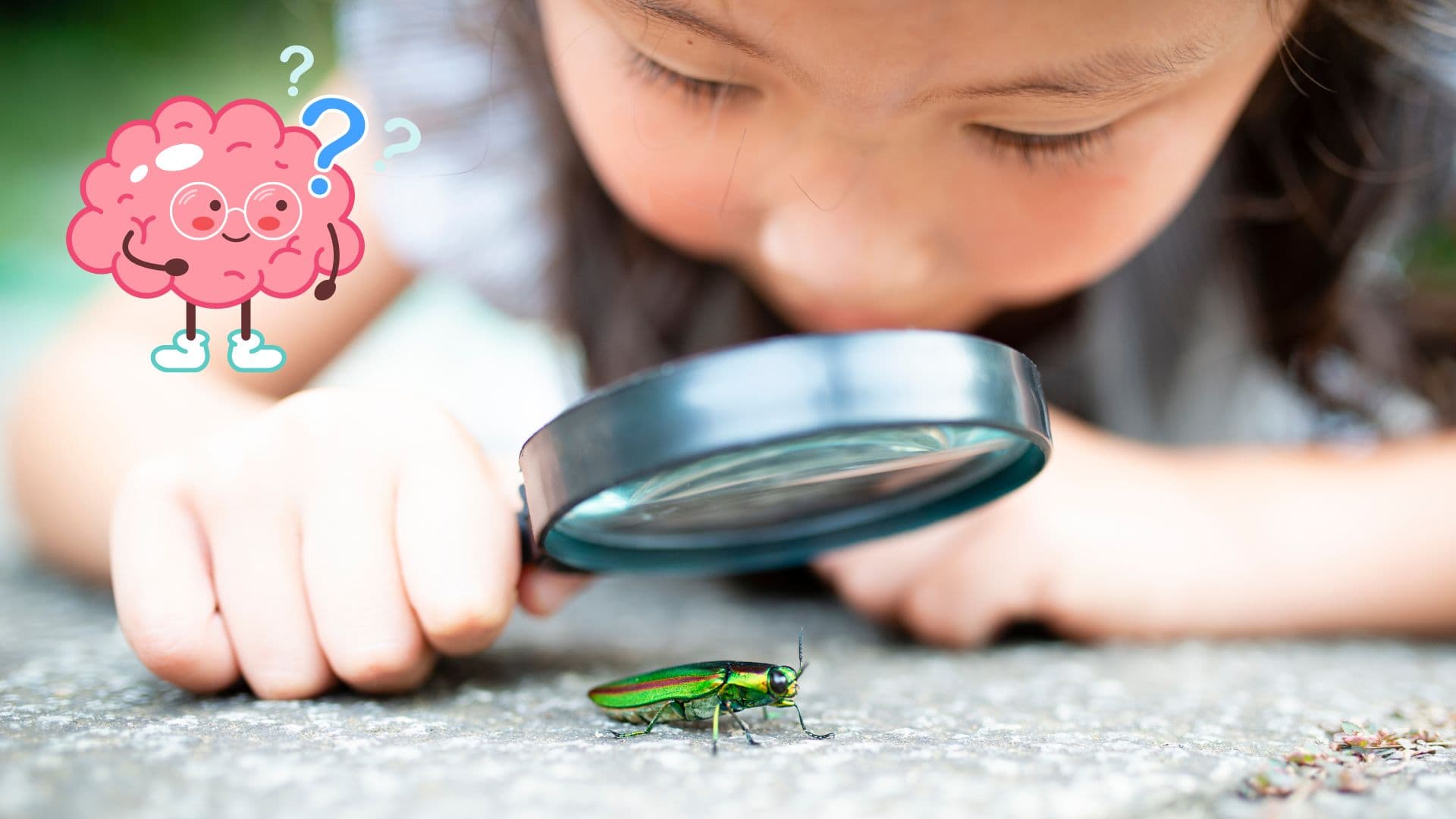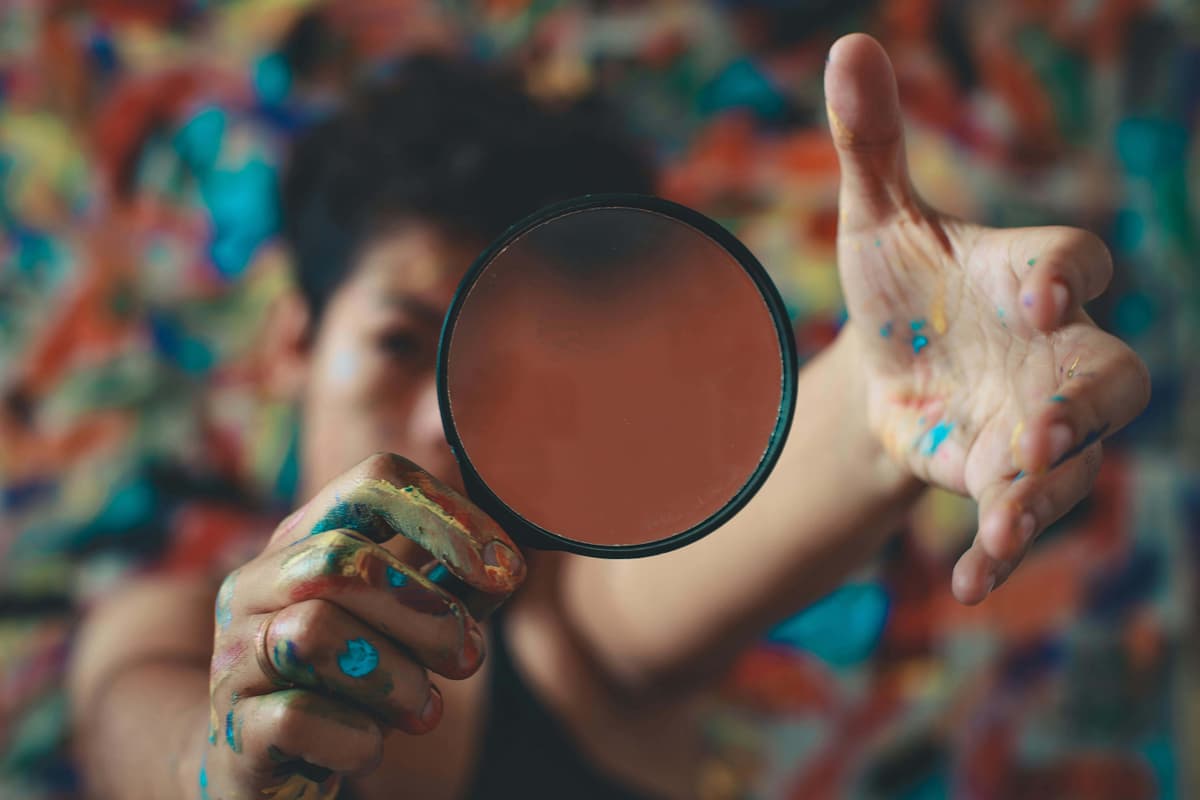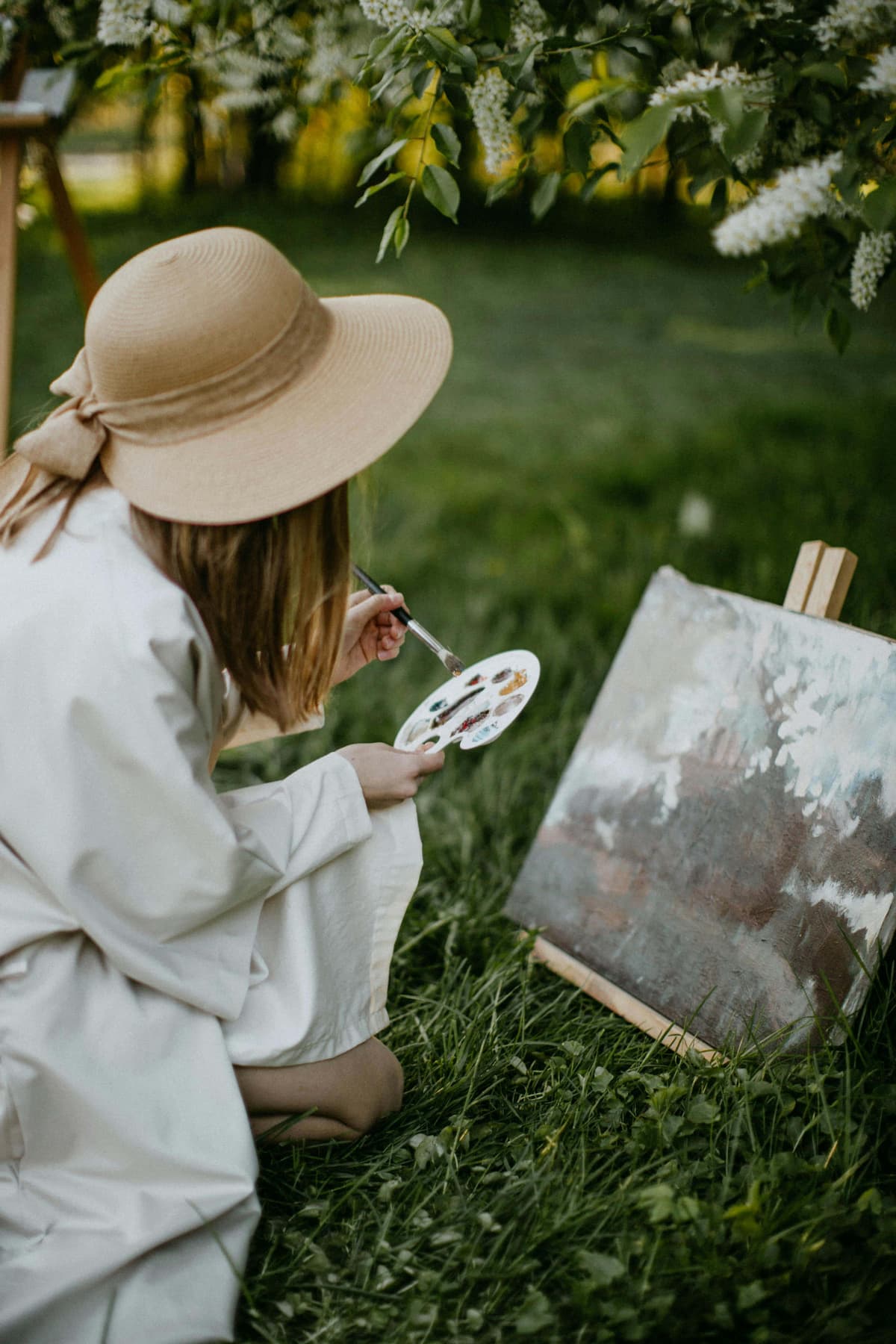
Curiosity is a fundamental human trait that drives us to explore, learn, and grow. It’s not just a childhood characteristic; curiosity is a powerful tool that fuels innovation, problem-solving, and personal development throughout our lives. Why is it important in our professional and personal lives and how can we cultivate this quality to enrich our experiences? This article will explore why curiosity is essential and how to cultivate it effectively.

Curiosity is defined as the desire to know (Merriam-Webster, 2024). It pushes us to explore new ideas, ask questions, and seek new experiences. This characteristic can be observed in all humans from a young age, manifesting as a child’s curiosity about the world around them. Curiosity is the force that fuels our pursuit of knowledge and understanding.
Enhances problem-solving skills: A curious mind is naturally inclined to look at problems from multiple angles, considering various solutions and approaches. This open-mindedness can lead to more creative and effective problem-solving, as curiosity pushes us beyond conventional thinking.
Drives learning and growth: Curiosity is the engine of lifelong learning. It motivates us to acquire new knowledge, skills, and experiences, which in turn promotes personal growth and development. When we’re curious, we’re more likely to engage with new ideas and challenge ourselves to think differently.
Improves relationships: Curiosity extends beyond learning about things—it’s also about understanding people. Being curious about others’ perspectives, experiences, and feelings can improve our empathy and communication skills, leading to deeper and more meaningful connections.
Curiosity is not just an innate trait, it’s a skill that ignites the desire to explore new topics and ideas, making learning more engaging. When you’re curious, your brain is primed to absorb and retain information better. Studies have shown that curiosity enhances memory because the brain’s reward system is activated when discovering new information, making the learning process enjoyable and motivating.
How to cultivate this:

Curiosity encourages us to think outside the box. It’s the driving force behind many of history’s greatest inventions and creative breakthroughs. By exploring new ideas and possibilities, curious individuals create innovative solutions to problems that others might overlook.
How to cultivate this:
Curiosity leads to a deeper understanding of problems, making you a more effective problem solver. This ability is valuable in dynamic fields where conventional thinking often falls short.
How to cultivate this:
Curiosity plays an important role in social interactions. Being present and curious about others fosters empathy and deeper connections. Asking questions and showing interest in people’s lives can lead to more meaningful conversations and stronger relationships.
How to cultivate this:

Curious individuals are often more engaged with life because they seek new experiences and challenges. This engagement leads to a more fulfilling life, as curiosity drives you to pursue your interests and passions.
How to cultivate this:
Curiosity is a powerful characteristic that enriches our lives in various ways. It fuels creativity, improves problem-solving, enhances relationships, and keeps us engaged with the world. Cultivating curiosity can help us unlock our full potential and lead more fulfilling and connected lives. It’s also important to remember that curiosity is not just a trait—it’s a skill that can be nurtured and developed. Embrace your curiosity, keep asking questions, and let it guide you toward new and exciting possibilities.

A well-designed office space is more than just aesthetically pleasing—it can dramatically enhance your productivity. Your environment influences how you work, so small changes can make a big difference in how you feel and how efficiently you get things done. By tweaking certain aspects of your workspace, you can boost focus, creativity, and even your …

You can always be better at the art of writing, whether you’re a student who has just learned the alphabet, or an experienced writer. Refining your skill opens many opportunities and allows you to articulate your ideas better. Here’s a guide with 15 helpful tips to help you improve the quality of your writing, from …

Working in a cluttered office can feel like trying to run a marathon with a backpack full of rocks. It’s distracting, stressful, and definitely not helping you get things done. Whether your desk is drowning in paperwork or your computer’s a mess of files you can never find, it’s hard to be productive when you’re …